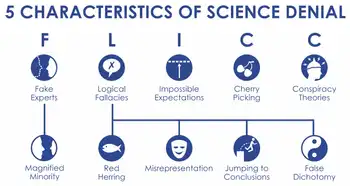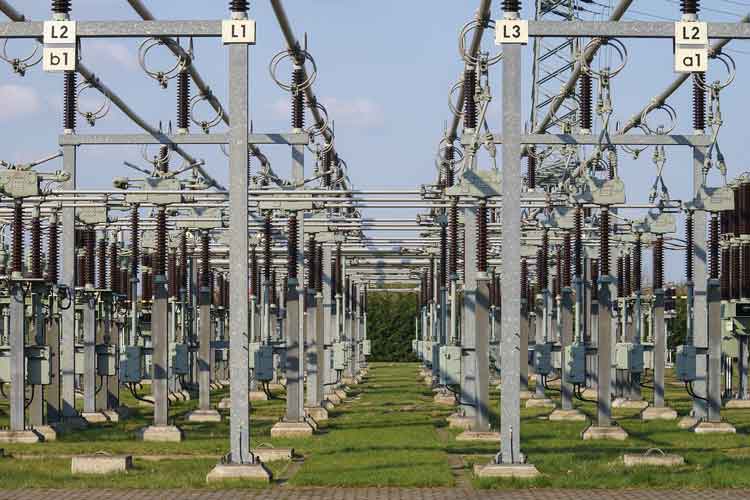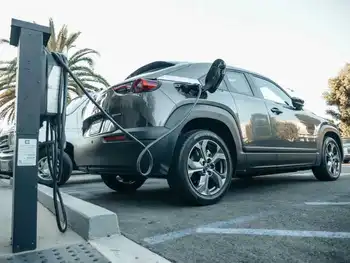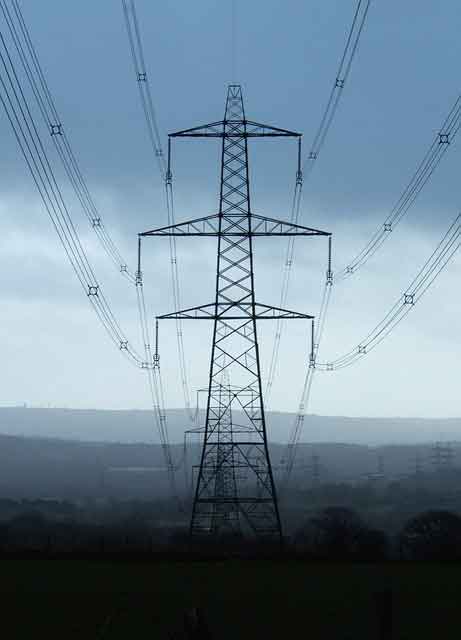Green energy can wean off subsidies gradually
By Reuters
High Voltage Maintenance Training Online
Our customized live online or in‑person group training can be delivered to your staff at your location.

- Live Online
- 12 hours Instructor-led
- Group Training Available
Most green energy sources still struggle to compete with fossil fuels except in favorable areas, for example for onshore wind in coastal areas of western Europe or in Texas.
Supporters accept low-carbon incentives will come to an end in line with the falling costs of green technologies, but demand governments also halt support for coal, gas and oil.
Investors want a gradual, transparent fall in green technology support, after a trend of unexpected cuts, which have made renewable energy a high-risk business.
Europe has the most generous support for solar, but a sharp cut in subsidies after 2008 in Spain, then world market leader, has left a legacy of uncertainty.
Now Italy, the second biggest market after Germany, is in the throes of overhauling solar incentives after months of delays, with new caps for 2011-2012.
"Europe is not necessarily very investment friendly in what we do because of the very volatile regulatory environment," said Bernard Lambilliotte, chief financial officer at clean energy investors Ecofin, which has around $1.9 billion under management in energy assets.
"China is a lot more predictable and consistent usually, than for example, Italy," Ecofin alternative energy analyst Max Slee told Reuters.
In an example of unhelpful wind tinkering, a proposed change in incentives in South Africa in March forced investors to re-visit plans, said the head of the Global Wind Energy Council lobby, who acknowledged incentives were still very generous.
"It's just that now they all have to go back and re-do the economics of their projects," said Steve Sawyer, referring to a 20 percent cut which closely followed the launch of such support. "Whether it's done rationally or in a knee-jerk fashion in relation to some other political issue is always the issue."
"The backdrop is fundamentally favorable but country by country there are bumps in the road," said Ian Simm, chief executive of Impax Asset Management which has 2.4 billion pounds US $3.97 billion under management in environmental markets.
Simm saw ambitious renewable energy targets in India to 2022 and in China's next five-year plan.
The "bumps" included tweaks to Britain's solar support regime just 12 months after it was introduced. Britain is also consulting on deep changes to how it rewards low-carbon energy, creating damaging uncertainty in lieu of final legislation, said investors and developers.
"What we're all worried about is this two-year hiatus. Are people going to invest a billion before they see exactly what the revenue stream is going to be?" said Andy Kinsella, chief executive of the offshore business at developers Mainstream Renewable Power.
"It should have been done a lot quicker."
Some renewable energy technologies are still far from standing on their own feet. Competitiveness of offshore wind is a decade away, said Kinsella, who expected Germany to announce an increase in its offshore wind power tariff, a guaranteed price premium.
But the cost of technologies are falling, including sharp drops in solar panel prices, a trend which a United Nations report on renewable energy, due next week, says will continue on new advances in technology.
Climate policies are also helping, and rising oil prices.
"Wind is cheaper than new-build coal if you include a carbon price," said Sawyer. Coal plants in western Europe will have to buy a permit or European Union allowance EUA for every tonne of carbon dioxide emissions from 2013.
Britain's Department for Energy and Climate Change reckons its green policies collectively break even at a $100 oil price, as a result of greater savings from avoiding fossil fuels.











